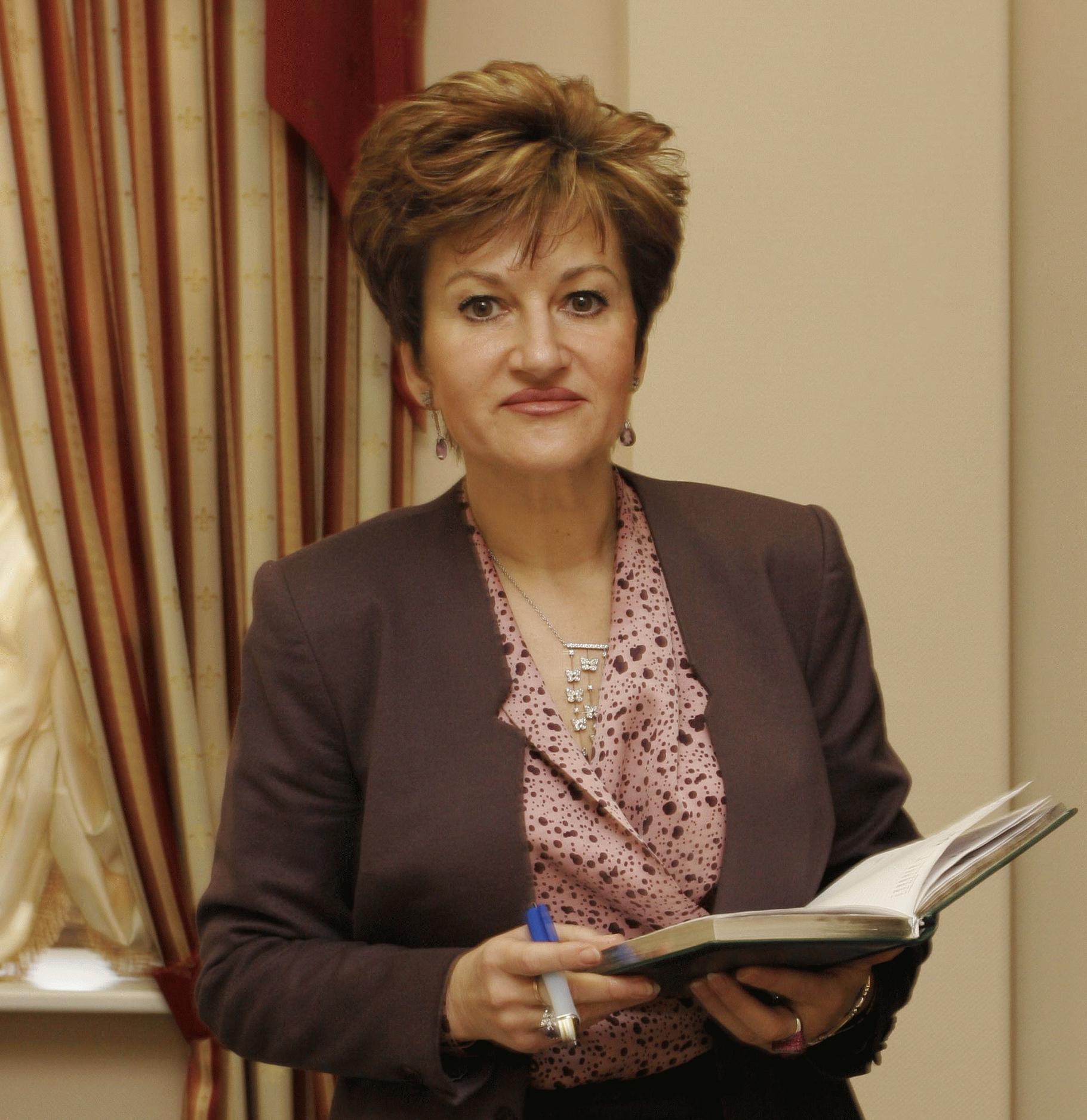“During the crisis, the State was essentially running out of cash and had to find ways of easily obtaining funds as quickly as possible. Due to the lack of demand the crisis engendered, the ‘Pipeline Cash Cow’ struggled to fulfil its role. What remained was the income generated by Customs. In good years, it provided over 40% of the budget’s revenues, and with a little effort could help even in times of crisis. As soon as the economy really plunged, Customs immediately reverted to traditional practices and began to deal with imports more harshly”, Tatiana Kruglova stated during her interview with Business Mir.
For example, the adjustment of Customs values became common practice. This formula camouflages an ingenuously simple operation for boosting accrual payments on imported goods. It maximises the potential for generating income through Customs by imposing increased tariffs on businesses that engage in foreign economic activity in order to collect the greatest amount of funds possible from them.
Tatiana Kruglova explained that, “A price spread for judging the value of each product which is the basis of monitoring Customs in Russia already existed. It's a kind of a guide for Customs Officers to refer to in order to evaluate the prices of imported products. For example, let’s say that a unit of any given product which generally costs between $1 and $1.50 is declared to have a value of 20 to 30 cents; then obviously something is wrong there. But imagine that the goods in question were actually purchased for 80 cents per unit - maybe by dealing directly or buying in bulk at a discount or by benefiting from preferential prices as either a long standing client or a potential new customer which could allow a manufacturer to corner the market. However, Customs suddenly ‘adjust’ the prices in calculating charges and naturally increase the values generally attributed to products. Arguing the case in this type of situation is virtually impossible and buyers often struggle to find the funds to cover this unexpected increase in costs. As a result, Customs began to generate substantial amounts of additional revenue”.
As in a significant number of cases these increased Customs values were not justified, the businesses that dealt in foreign economic activity began to sue the FCS (Federal Customs Service of Russia). And they started to win! They were eventually reimbursed for the inflated Customs charges. Naturally, these refunds were covered by the budget which was flush with revenue Customs itself had generated.
Tatiana Kruglova explained that, “The business community on the whole and particularly those active in foreign trade had yet to recover from the first blow of the crisis and were struggling to stay afloat when reform was suddenly announced”. In the period spanning 2008–2009, the authorities began eliminating Customs in Moscow. “Changing the logistics overnight is impossible! It created a big mess as it was not clear where to direct the flow of goods or what to do with them. It was quite frightening to behold!”, exclaimed Tatiana Kruglova. Is a difficult time of crisis really the right moment to enact this type of reform, which resulted in huge losses of revenue? A syndrome of bureaucratic zeal would appear to have been at work in this case, the same bureaucratic zeal that has never taken the realities of contemporary Russia into account. “Many big companies, not to mention the smaller ones, went bankrupt and left the market”, noted Tatyana Kruglova. Furthermore, what does ‘leave the market’ really mean? Targo’s Kruglova asserts that, “many people began to work without a license; they crossed over to become ‘grey’ businesses, a sector which has grown significantly in recent years. Many businesses came to the conclusion that they should simply adopt the same attitude as the State adopted towards them; and that’s exactly what happened”.
“Today, there is good reason to believe that the worst of the crisis is finally behind us, although the difficult period Russian business endured will have significant repercussions on the economy for at least another few years”, stated Holding Group Targo’s director. Tatyana Kruglova surprisingly went on to affirm that, “In spite of everything, I now look to the future with greater optimism than before the crisis”.
Kruglova went on to explain that, “The crisis demonstrated that Russian business is extremely tenacious and resilient; its philosophy is to grow and develop on its own merits rather than due to or in spite of circumstances. Therefore, it is far more difficult for standardised businesses to cross over to the ‘grey market’ than it is to operate by the rules. But what else could they be expected to do? Although the State chose to resolve their issues at the expense of businesses which were simultaneously subjected to pressures stemming from the expanding crisis, Russian business managed to weather the storm”.
Yet the Russian capacity for survival is probably our most important advantage in business overall. According to Tatyana Kruglova, the spurts in imports of technological equipment will increase by leaps and bounds in the near future. “For now, there is no mass importing. For the most part, equipment is simply ordered and a down payment of 50% is paid. The goods in question are then prepared over at least the following six months. But it has begun, contracts have been signed, and deliveries will inevitably begin to stream in. Business will naturally work out what is what for itself, as long as there is no interference that could hinder its development”.
The conclusion that can be drawn from all this is generally simple - it appears that we will survive after all. But was it worthwhile to create additional complications during the crisis? It may be a rhetorical question, but it appears to have perpetual consequences on our contemporary reality.













